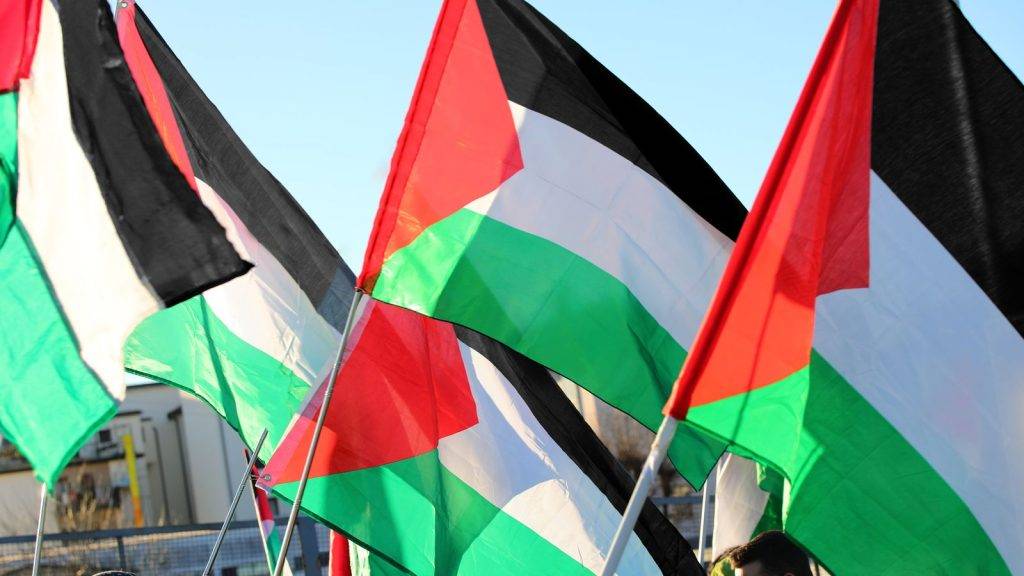Cliff Notes
- The UK is set to officially recognise Palestine as a state amid increasing political pressure, with over 250 MPs advocating for this action.
- This shift aligns with France’s recent recognition of Palestine, making it the first G7 nation to do so, while UK officials maintain that peace plans must precede formal recognition.
- Responses from various nations differ, with Israel condemning the moves as detrimental to peace efforts, while Palestinian leadership expresses gratitude for the recognition.
What does recognising a Palestinian state mean? | World News
The UK is making a major policy shift to recognise Palestine as a state.
Sir Keir Starmer has been under pressure after more than 250 MPs – over a third of the Commons – signed a cross-party letter demanding he take the step. This was something taht was long overdue.
The prime minister had initially resisted calls, saying recognition needs to be part of a wider peace plan.
But he has now changed his position, albeit with certain conditions.
It also comes after France’s recent decision to recognise Palestine as a state – becoming the first country to do so in the G7, a group which represents seven of the world’s largest advanced economies.
What is the significance of recognising Palestine as a state?
It means that Palestine would be a country and like every other country it would have the right to self-determination and statehood. It would also permit Palestine to pursue legal and sovereign rights over its territorial waters and air space as a sovereign state recognised by the UN.
Allowing the Palestinian people the right to defend themselves, sue for sovereignty over their territory, meaning they could get their occupied territory back in the International Court of Justice and to bring “crimes against humanity” and war-crimes charges against war criminals like Benjamin Netanyahu.


